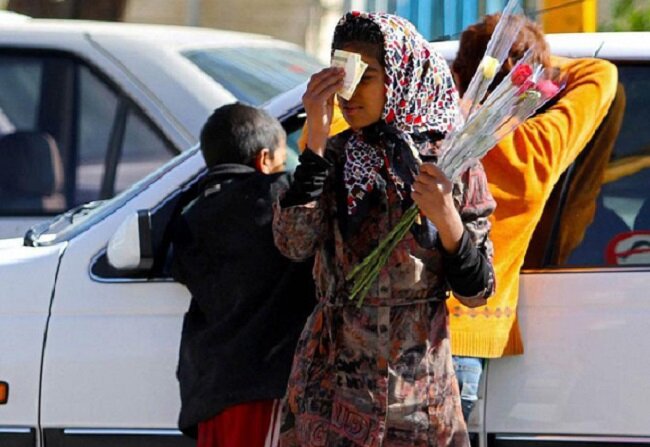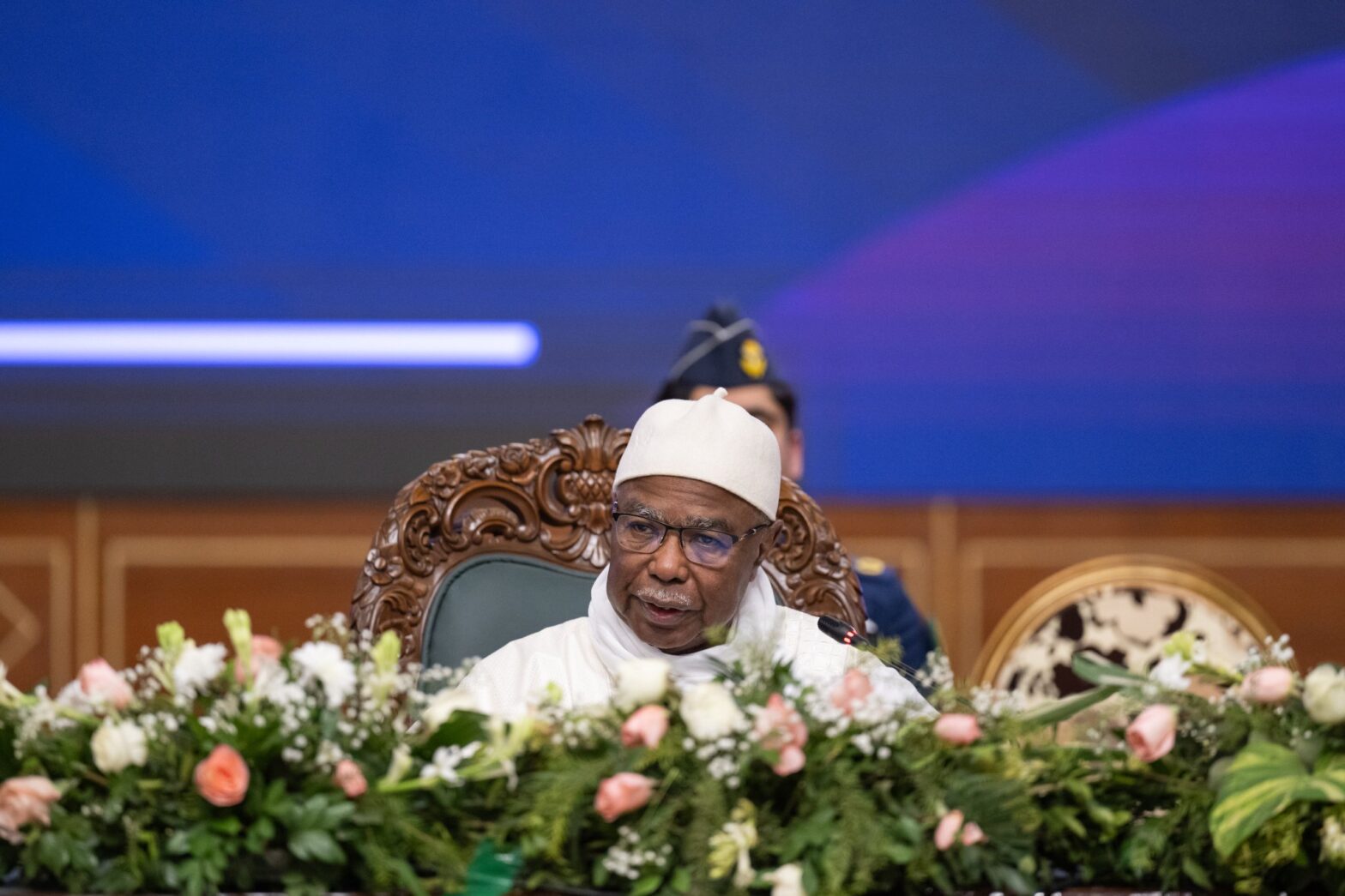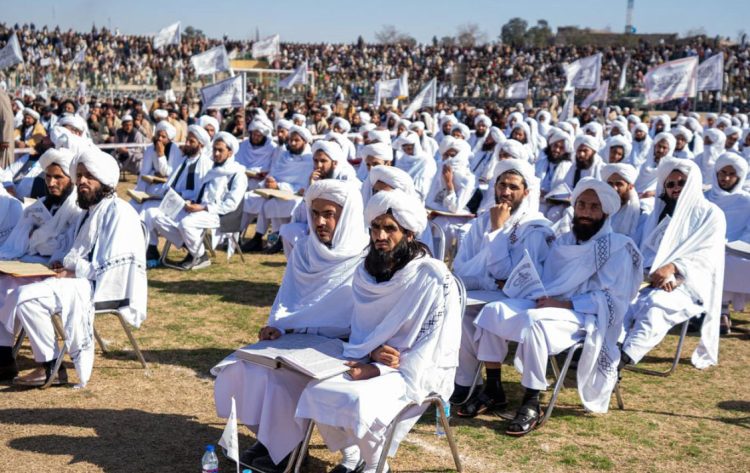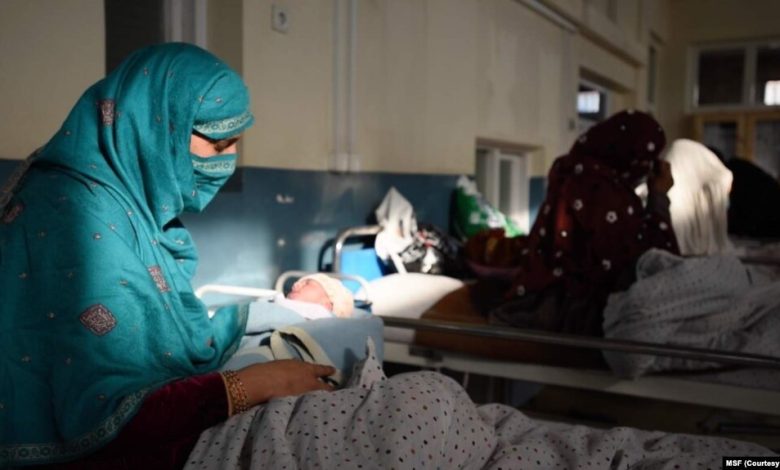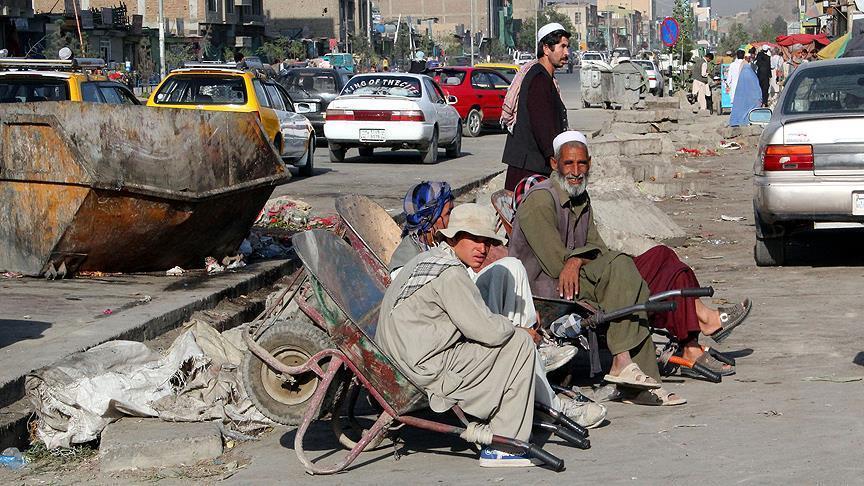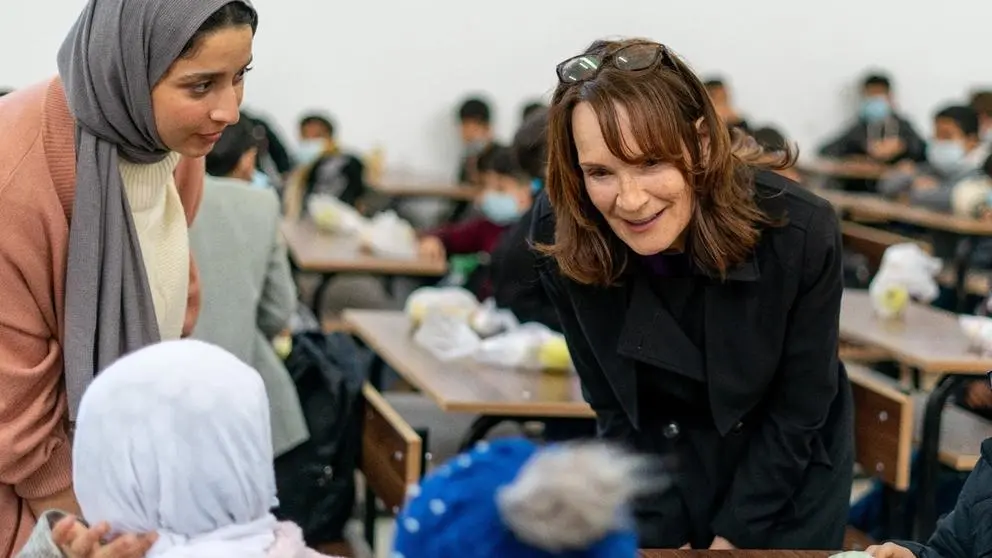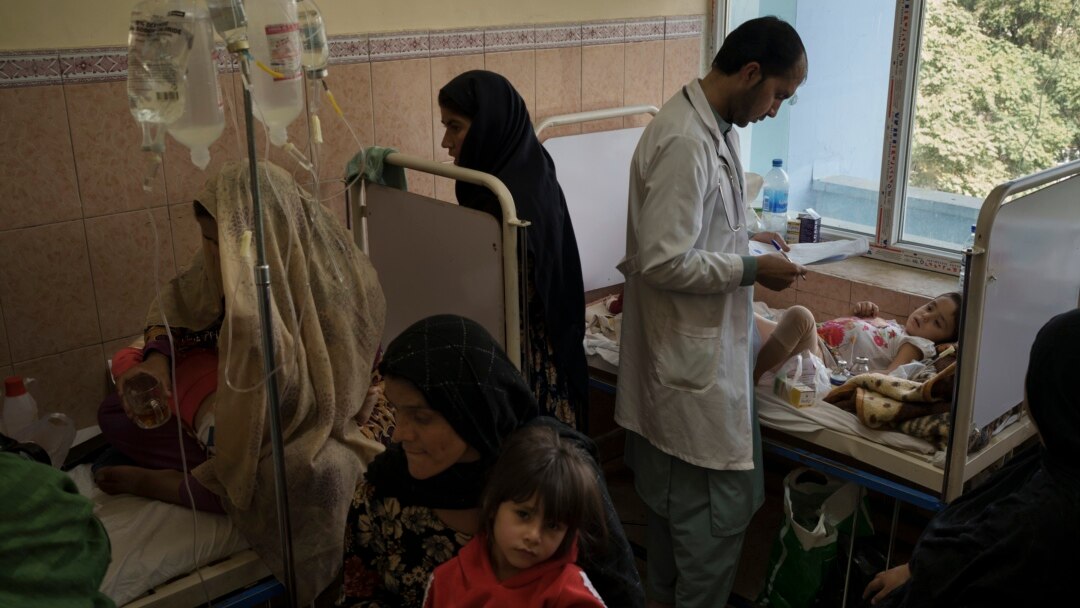1 year ago
-
731 Visits
Author: Mahdi Mozaffari
The change in the political system in Afghanistan has had devastating consequences for the economy of the country, particularly affecting the lives of young people. Many young individuals (both girls and boys) were employed in governmental and non-governmental organizations before the regime change, supporting themselves through their jobs; however, now most of them find it difficult to even meet their basic needs. Afghan youth speak of the stark contrast between the previous and current state of Afghanistan's job market, recalling that after graduating from university, numerous job opportunities were available; but now finding suitable employment has become nearly impossible.
The discussions of Afghan boys and girls about the economy and employment reflect a broader crisis that Afghan youth are grappling with; a crisis exacerbated by economic stagnation, halted development projects, and political instability. International reports also confirm this situation: the unemployment rate in Afghanistan reached 15.4% in 2023, the highest level since 1991, marking a 14% increase compared to 2022. This alarming statistic indicates the deterioration of the economic situation and the ongoing challenges facing Afghanistan since the interim government took power in 2021. Previously, the unemployment rate was 8.95%, with its lowest recorded rate in 1992 at an average of 7.9%. These figures clearly demonstrate that Afghanistan is facing a serious employment crisis, which will have devastating social and economic consequences.
Migration and Addiction: Challenges of Unemployment!
The unprecedented rise in unemployment and poverty in Afghanistan has led many young people to seek illegal migration. The search for a better life and escape from harsh economic conditions drives them toward the dangers and insecurities of illegal migration routes. International reports indicate that the number of Afghan refugees and migrants increased from 2.9 million in 2021 to 5.7 million in 2022. This significant rise reflects a deep and widespread crisis, largely comprising young people; a generation that once bore the future of the country now wanders in search of scant hope in foreign lands. The bitter experiences of many of these youth, including job loss and despair about the future, have compelled them to migrate.
However, migration is not the only escape from the dire economic situation. For many young people, addiction to drugs has become a way to escape the harsh reality of poverty and unemployment. Afghanistan, with its long history of drug production, has consistently been one of the largest producers of narcotics in the world. This situation has created an environment conducive to the spread of addiction among youth, especially under difficult economic and social conditions. Many young people's experiences show that unemployment and poverty have driven them toward addiction, while feelings of alienation and loneliness make the process of overcoming addiction even more challenging.
In addition to these challenges, Afghan girls also face deprivation of education. After the return of the interim government, secondary schools were closed to girls, leading to over 2.5 million girls being deprived of education. International reports emphasize the severity of this situation and its long-term repercussions. Many young girls speak about losing their dreams and the prevailing despair among women in Afghanistan; a deprivation that has barred a generation of women from opportunities for advancement and participation in the country's development, jeopardizing the future of this nation.
Mental Health Issues
Mental health issues among Afghan youth have become an escalating problem rooted in the adverse economic and social conditions of the country. Recent studies indicate that a significant portion of Afghan youth suffers from mental disorders such as anxiety and depression due to ongoing economic pressures. These alarming statistics reflect a silent and widespread crisis directly linked to Afghanistan's unfavorable economic and political situation. Widespread poverty, lack of job opportunities, insecurity, and despair about the future are all recognized as major factors exacerbating these mental health problems among young people.
This issue is not limited to a specific age group or gender; rather, a wide range of youth from both genders are at risk of developing mental disorders. The lack of access to appropriate psychological care and insufficient resources to provide related services further aggravate the situation.
The closure of schools and educational centers for girls has not only led to deprivation of education and academic futures but has also stripped them of hope and motivation. This sense of despair, coupled with other economic and social pressures, creates an environment conducive to more severe mental health issues. Boys, too, face an uncertain future and feelings of worthlessness due to the lack of job opportunities. The inability to meet basic life needs and plan for the future places heavy psychological burdens on young people.
Mental health experts confirm the continuous rise in mental health problems among youth, especially girls, emphasizing the need for greater efforts to address these issues. Improving economic conditions, creating a suitable educational and psychological environment, providing accessible and affordable psychological services, teaching stress coping skills, and fostering hope for the future are all measures that can help improve the mental well-being of youth and increase their effective participation in building Afghanistan's future. Without serious attention to this issue, not only will the mental health of young people be at serious risk, but the potential of this generation for rebuilding and developing the country will also be lost; therefore, addressing this challenge and providing comprehensive and inclusive solutions is seen as essential and vital.
Read More
